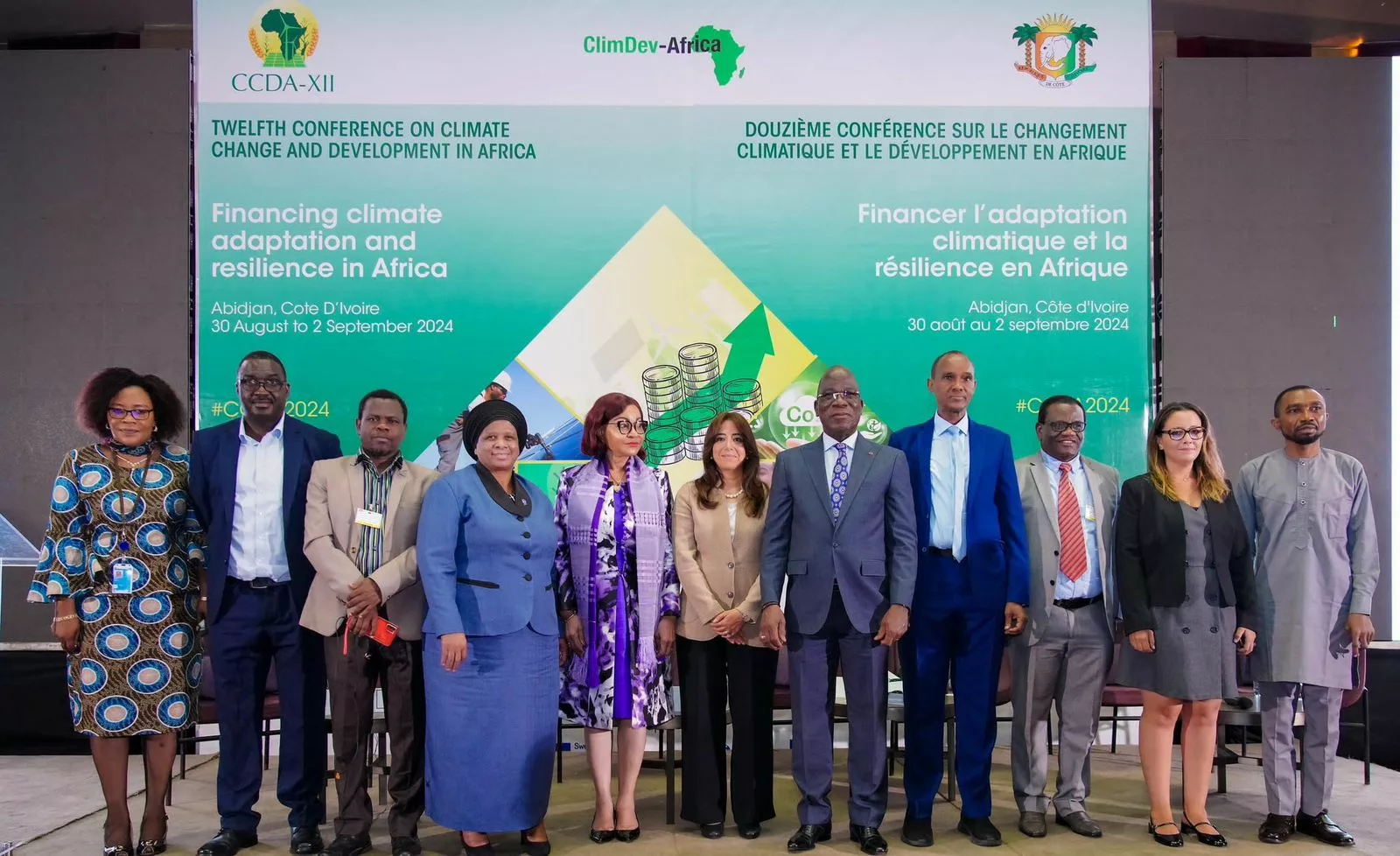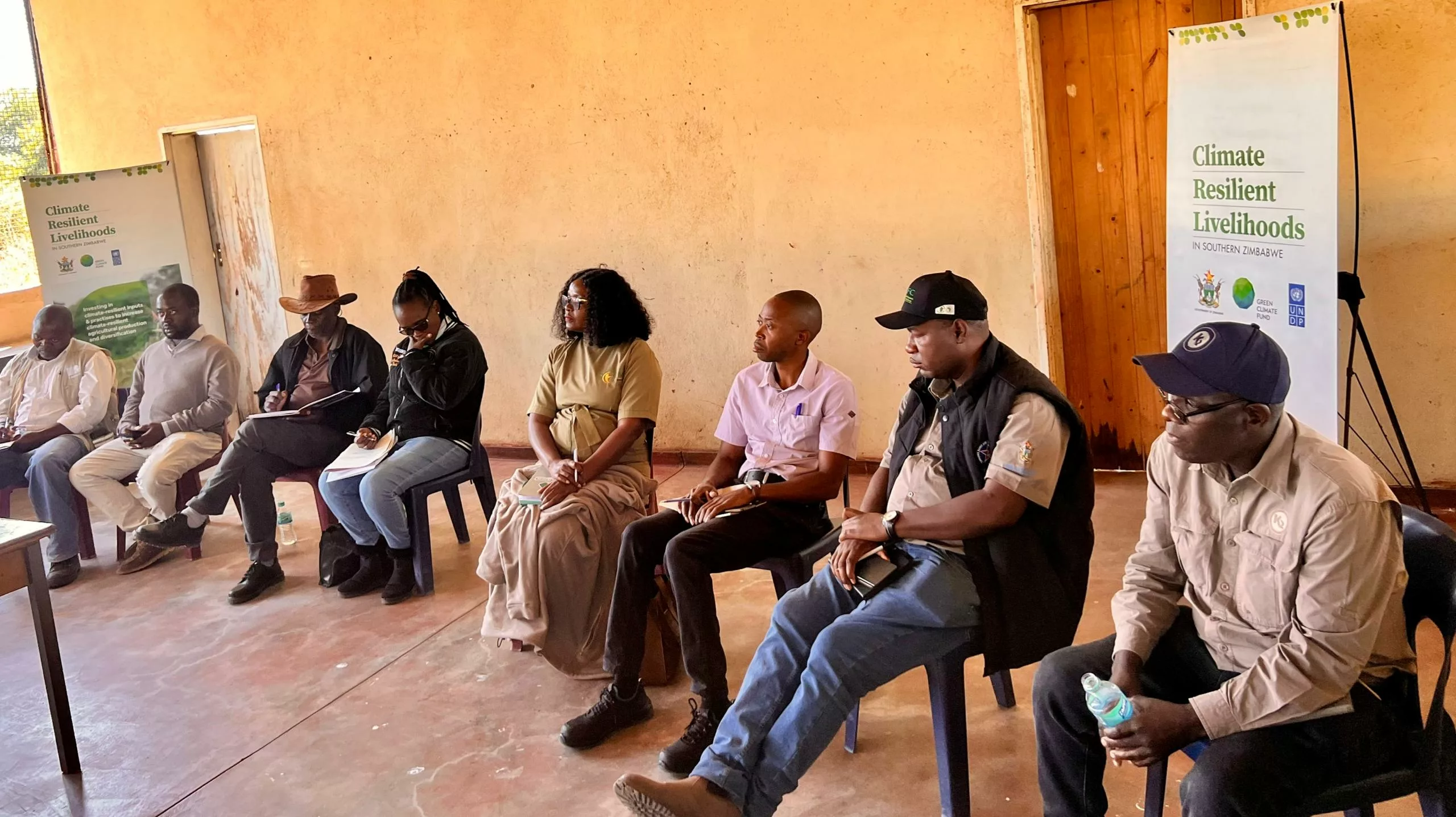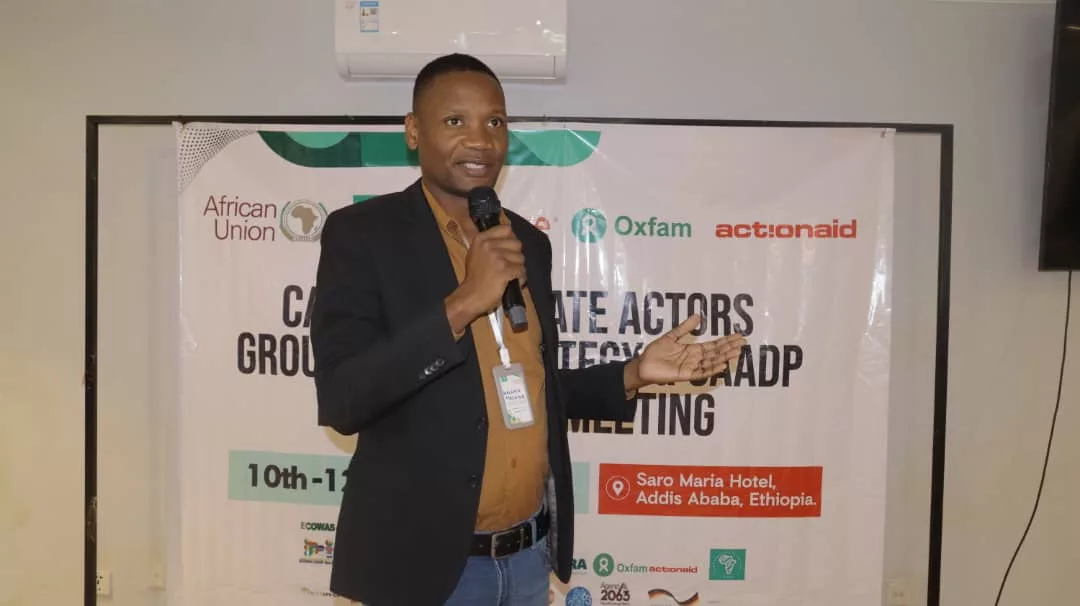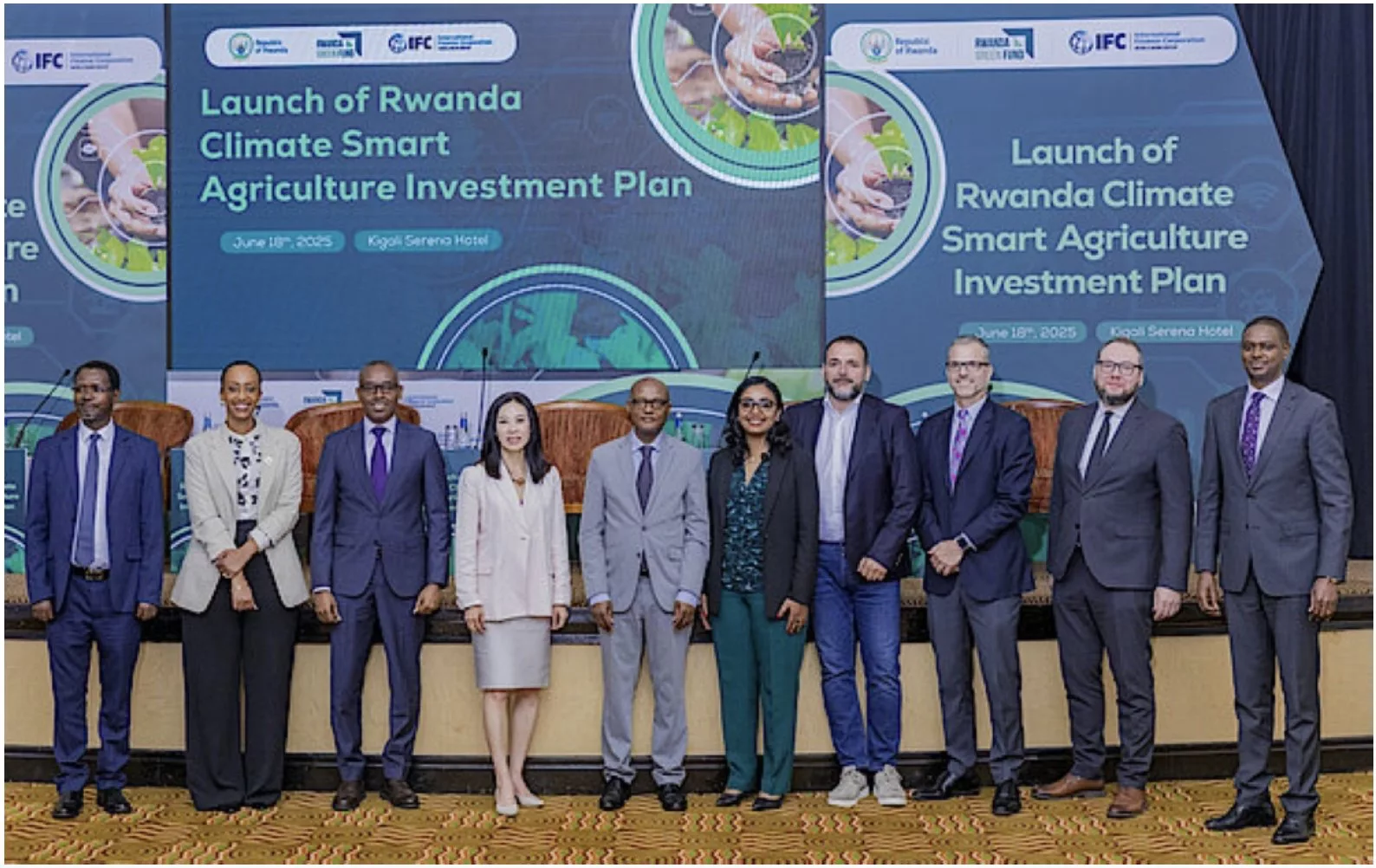|
Getting your Trinity Audio player ready...
|
At least 4.4 million hectares of productive land are lost to desertification every year, leading to the malnutrition of some 68 million people in Africa, African Union Commissioner Josefa Correia Sacko said today in Abidjan, Côte d’Ivoire.
The diplomat, who was speaking at the Tenth Special Session of the African Ministerial Conference on the Environment on the theme: ‘Raising Africa’s Ambition to Reduce Land Degradation, Desertification, and Drought’, said that this situation has resulted in the loss of biodiversity and productive agricultural land, with sub-Saharan Africa bearing 22 percent of the total global cost of land degradation.
He added during the conference that it is also estimated that more than 23 million people in the Horn of Africa and 23 million in the Sahel face serious food insecurity due to drought and soil degradation.
‘It is therefore essential that, as a continent, we increase our efforts and ambitions to combat these issues,’ argued the Commissioner responsible for agriculture, rural development, the blue economy, and the sustainable environment.
She said that in response to the growing threat of advancing deserts in 2007, the African Union launched the Great Green Wall Initiative as a continental flagship solution in response to this crisis, intending to restore 100 million hectares of degraded land, creating 10 million jobs and sequestering 250 million tonnes of carbon by 2030.
“These interventions aim to transform the lives of tens of millions of people living in marginalised areas, increasing their food security, providing additional and alternative incomes, and increasing their resilience to climate change”, she said.
According to her, the report on the implementation status of the Great Green Wall and the way forward until 2030 shows that between 2007 and 2018, 20 million hectares of land were recovered and 350,000 jobs were created through the diversification of economic activities and the regeneration of incomes, thus improving the quality of life of millions of people in the Sahel.
In this regard, revenues from income-generating activities totalled 90 billion dollars in 11 countries: Burkina Faso, Chad, Djibouti, Eritrea, Ethiopia, Mali, Mauritania, Niger, Nigeria, Senegal, and Sudan.
In the margins of this special meeting, the commission organised the 12th Conference on Climate Change and Development in Africa (CCDA-XII) together with civil society and ClimDev Africa partners. The conference highlighted the need for a coherent and evidence-based common African position on the main issues of implementing responses to the Global Stocktake, including domestic and other financing.
Still on Africa’s needs and challenges, linked to losses and damage from climate change, anthropogenic and disasters, as well as adaptation, access to technologies, and carbon trading, a platform was provided to popularise the continental circular economy action plan, to encourage its adoption and domestication at national and regional level.






